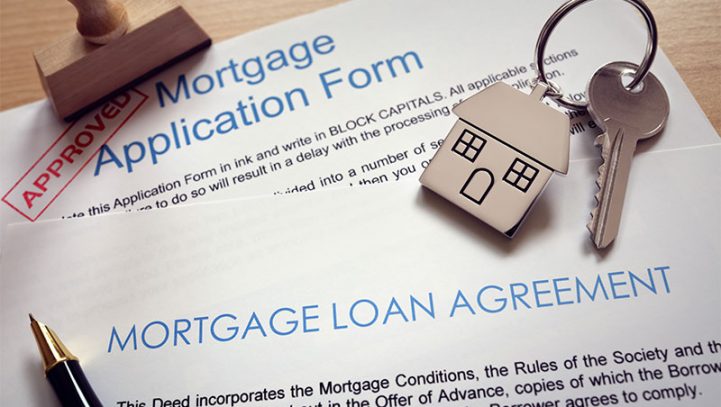Introduction To Friendly Loan
Guide to Legal Friendly Loan Agreements
-
What is a “Friendly Loan Agreement”?
A friendly loan agreement is a contractual document that outlines the terms of a loan between two individuals. The document can define the amount of money or other property that is being loaned, the payment terms, and other conditions required for repayment. It can also stipulate what to do if one party defaults on payments.
A friendly Loan does not mean that it has to be made between friends alone but it can be made with trust.
According to the case of Tan Aik Teck v Tang Soon Chye, Soon Chye, the Court of Appeal held that a friendly loan can be made between two persons based on trust. -
Is a Friendly Loan consider to be legal and a valid contract?
Friendly loan may often be informal and not made in writing. This however does not mean the friendly loan made between two parties are invalid or a void contract.
Though the lender may find it hard to prove the validity of the friendly loan agreement, nevertheless, in the eyes of the law it recognizes friendly loan as a valid contractual arrangement and deemed it as enforceable in law. This is based on the principle on the doctrine of unjust enrichment and restitution. In these circumstances, the borrower who received the loan refused to pay the lender is considered to be unjust and as a remedy from restitution the borrower need to pay back the lender.
-
What to prepare for a friendly loan agreement?
Generally, friendly loan can be a valid contract, but there are certain criteria that the lender must meet in order to protect his right to recover the outstanding loan from the borrower.
One of the fundamental of protecting the lender’s right to recover the outstanding loan is by drawing up basic terms of a friendly loan by setting up an agreement, though it may make your friend or other party feel uncomfortable, but it is necessary to safeguard the lender’s rights if unfortunate event should happen.
The case of Tan Aik Teck v Tang Soon Chye, Soon Chye highlighted that there should be an agreement to stipulate the terms of repayment along with a written agreement in the friendly loan so that it can enable the lender to prove the legitimacy of the agreement.
In the case of Rostam Bin Abbas v Ali Dad Bin Fazal Elahi the Court also ruled that the credible material evidence must be produced to the Court and this include written documents to prove the existence of the friendly loan agreement so that the lender can recover the outstanding loan from the borrower.
-
Refrain from charging excessive or exorbitant interest
As a general rule, lender is not allowed to charge excessive interest on a friendly loan, unless the interest charged is not profiting the lender, in short, the reasonable interests may be allowed. The Court would dismiss the interest pursuant to the case law of Menta Construction Sdn Bhd v SPM Property & Management Sdn Bhd & Anor [2017] MLJU 526 which ruled that the Court has the discretion to strike out the interest element in the friendly loan transaction if the interest is exorbitant, excessive and unconscionable.
-
Limitation Period?
The time period to file a lawsuit to recover a friendly loan from a borrower is six (6) years. The time begins to run on the date of repayment from the friendly loan agreement. To put it simply, the lender only has six (6) years to initiate a lawsuit against the debtor from the date of repayment, but if the lender passed the limitation period then the lender may lose his right to recover the debt.
If there is no fixed period for repayment stated, then the limitation period of six (6) years will begin to run from the date of the loan was given by the lender, as illustrated in the case of Kam Seng Realty Sdn Bhd v Dato Tai Fatt Yew & Anor [2012] 7 MLJ 825.
-
Conclusion
In short, for a lender to protect his rights to recover outstanding debt from the borrower, a written agreement stating the terms and arrangement of the loan repayment must be executed between the parties, and no exorbitant interests shall be imposed.
If you have any questions or require any additional information, please contact our lawyer that you usually deal with.
Related Articles
Land Title Conversion in Sarawak
Rights Over the NCR Land
Understanding Legal Due Diligence in Real Estate Transactions in Malaysia: A Comprehensive Guide for Buyers and Sellers
A Management Corporation Imposing Different Rates of Maintenance and Sinking Fund Charges (‘Charges’) In A Strata Property- Yes or No?
Questions? We're here to help

